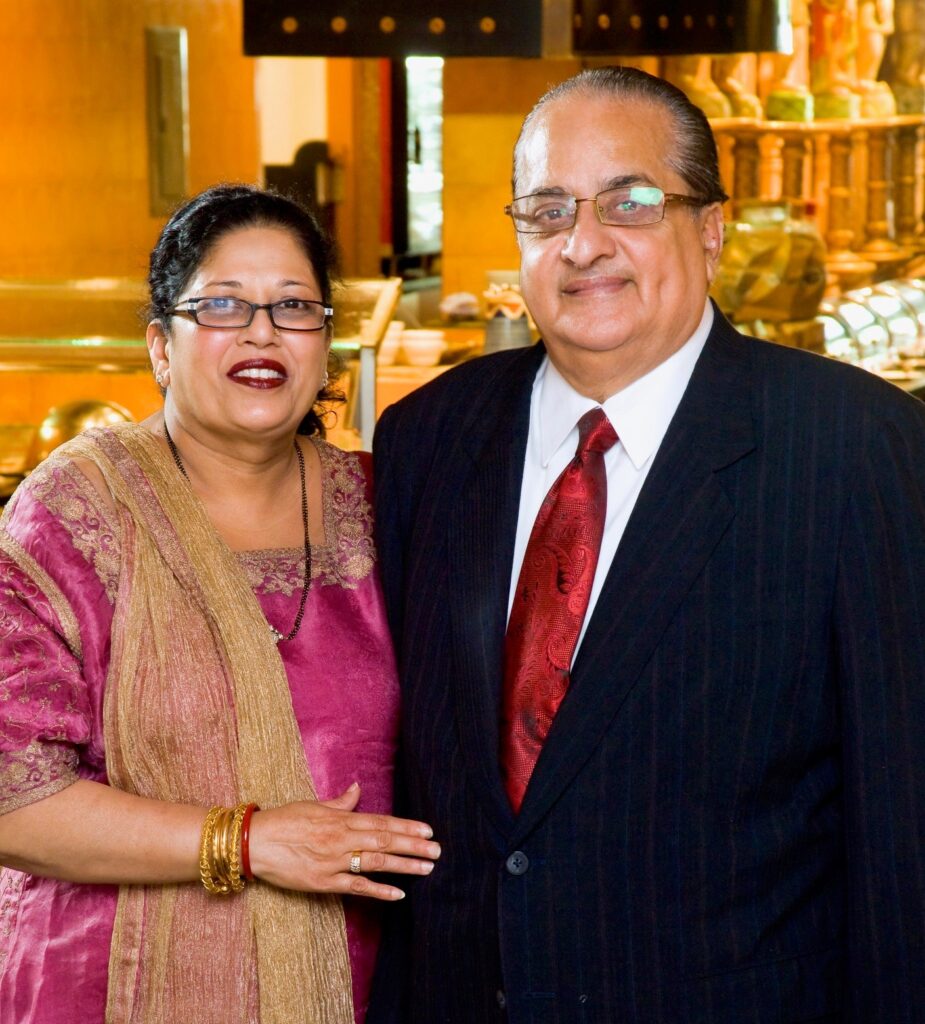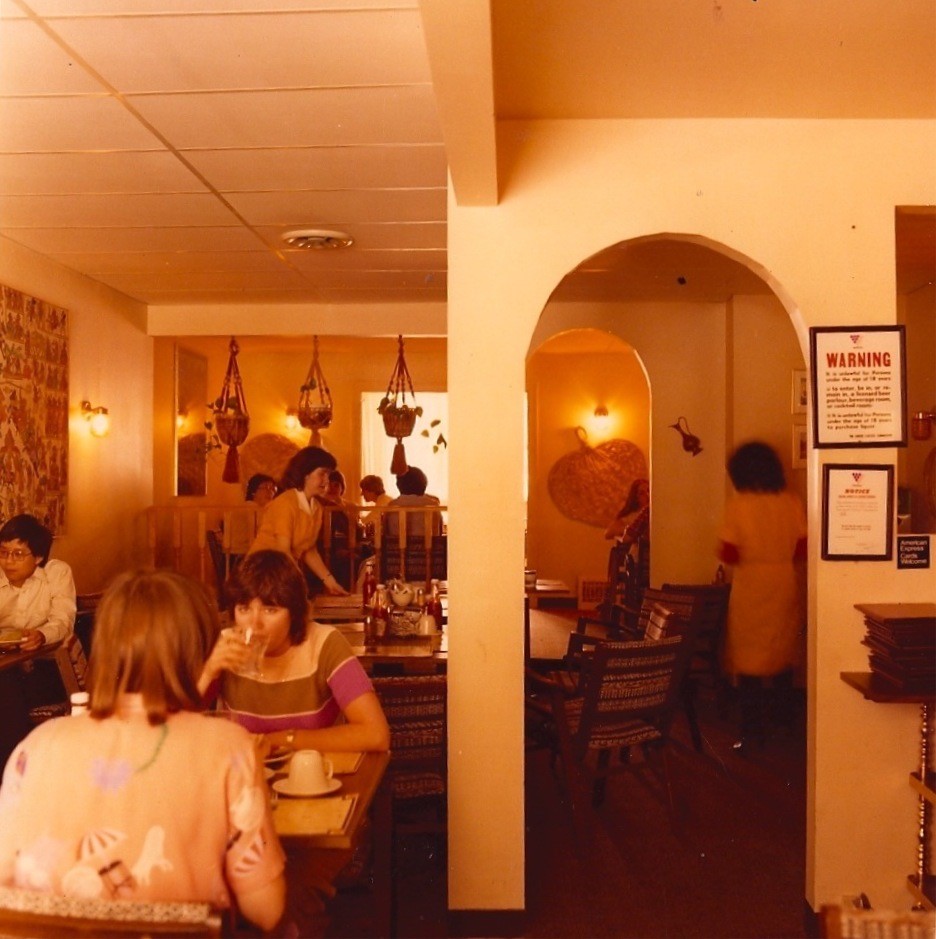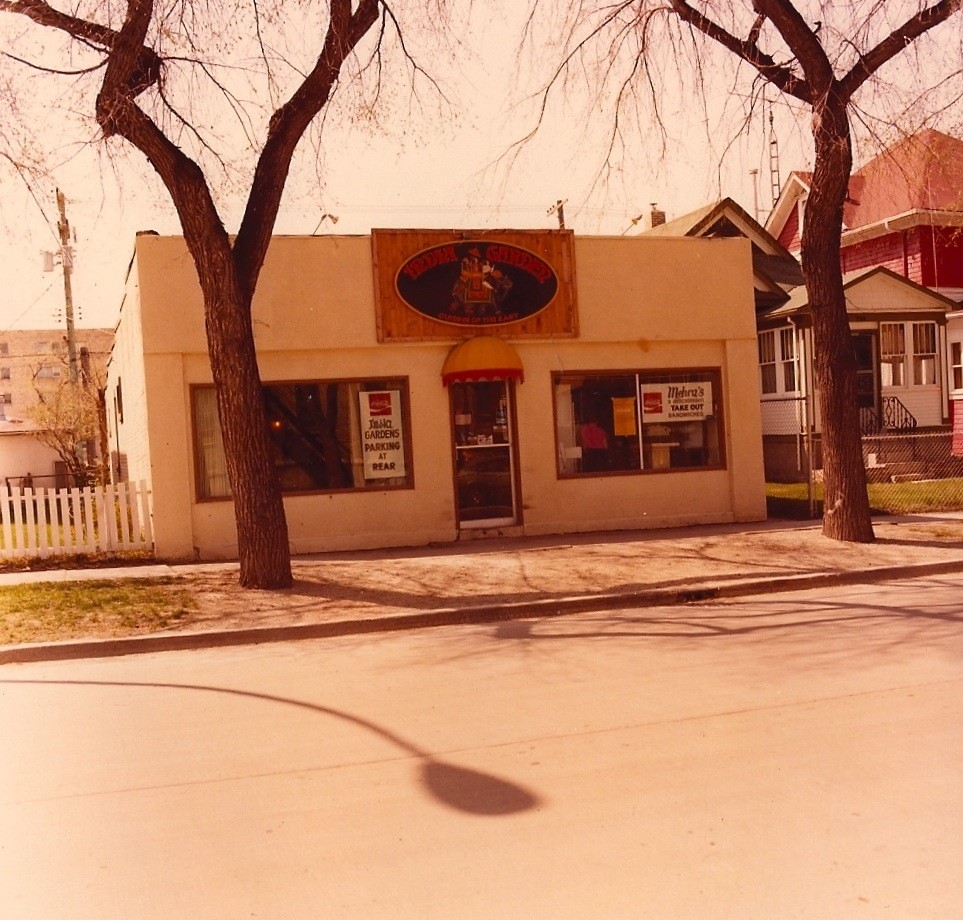Culinary creativity honours tradition while expanding definitions of South Asian cuisine.
This year marks the beginning of an exciting new scholarship created by the Mehra family, owners of The East India Company, a successful restaurant business that got its start in Winnipeg. The award will provide funding to a BIPOC Culinary Arts student at Red River College who has a passion for innovation and recipe creation. The family hopes to invite award recipients to showcase food creations at East India Company.
We heard from the Mehra family about the importance of diversity in the culinary world, the inherent creativity that comes with entrepreneurship, and the melding of tradition and innovation.
TWF: Can you tell me about your parents’ love for food, and the place of food in your family?
Mehra family: We believe their love for food is tied to home which, in their case, was Delhi and Mumbai. Our parents have told us that when our father first came to Canada in the 1960s, it was nearly impossible to find South Asian cuisine anywhere in the city. They would often travel to multiple specialty grocers around the city in hopes of being able to acquire the ingredients necessary to make the meals that reminded them of home. This is something that so many of us find comfort in.

TWF: Your parents moved to Winnipeg in the 1970s, are there any specific reasons they chose Winnipeg as their home? Or ways that Winnipeg influenced, supported, or shaped the family business?
Mehra family: Our father immigrated to Winnipeg to study engineering at the University of Manitoba in the late 1960s. The South Asian population was relatively small in the city at the time, so their initial desire to open a restaurant was coupled with a yearning to also build community. Their first restaurant, Maharaja, located on Sherbrook Street, was open during the evenings when our dad would return from the university. The restaurant had quite a following because there really wasn’t anything like it in the city. Eventually our dad started a film night in the restaurant, renting Indian films from a distributor in New York to screen in the restaurant every Sunday! They did all this to create and foster community within the South Asian diaspora when there were very few people around. In turn, the community embraced and celebrated what they were doing which ultimately helped in creating a new cultural landscape in the middle of the Canadian prairies.
This support led them to eventually open Mehra’s Deli (McDermot Avenue) which was right across the street from the Health Sciences Centre and the Medical College. There, their business expanded in a really beautiful way; students, nurses, and doctors would pack into our restaurant. Our parents ran every aspect of the business in the most gracious and loving way—ma and dad both cooking, cleaning, and serving. They were overjoyed with the support. This restaurant became India Gardens and then they opened the East India Company in the 90s which continues to operate in downtown Winnipeg.


TWF: What inspired your family to start a scholarship fund, and what do you hope it will accomplish?
Mehra family: As a family, we feel very grateful to have been in business for over 50 years. Like many diasporic people, our parents struggled in their early days in Winnipeg. We will never take that for granted. That we can support this scholarship fund now hopefully makes it slightly easier for others who share our enthusiasm for South Asian cuisine and culture.
TWF: The scholarship criteria references recipe testing and creativity. When many people think about “regional” cuisine (Sri Lankan, Ukrainian, Ethiopian, Greek etc.) they think of traditional recipes – can you speak to the importance of culinary innovation, particularly in a South Asian context?
Mehra family: South Asia as a region contains many different countries and cultures and we believe that encouraging innovation and creativity as criteria would lead to exciting results for culinary students. Traditional techniques and recipes are the foundations of any great chef’s ability. However, it is essential for the next generation of culinary students to innovate and continue to elevate our cuisines. Ultimately, these students have the potential to combine their rich cultural traditions and skillsets in an exciting new landscape, to endlessly expand the definition of South Asian and diaspora.


